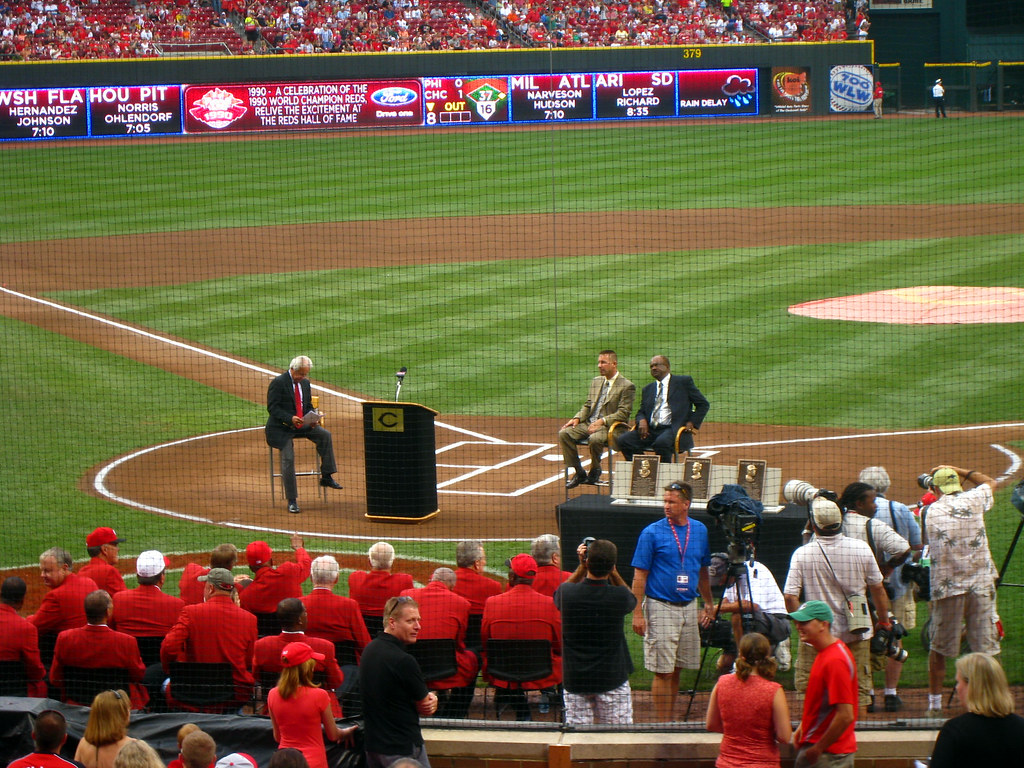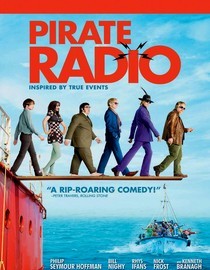Man, I got a big kick out of this one.
"
Hombre" centers around John Russell (
Paul Newman), a white man raised by Apaches. Through inheritance of a boarding house, he's drawn out of the mountains, where he was living among the Indians -- who are suffering from starvation and mistreatment -- and finds himself among a decidedly different group of people, some directly responsible for the Indians' plight, some not ... but most indirectly so, perhaps according to Russell, who has grown cold and hard because of his disgust at how his people have been forced to live.
They end up on a stagecoach -- but not before
Richard Boone's character, the badass and leathery Grimes, makes one hell of an entrance and performs an opening scene that had me laughing out loud throughout -- and Russell quickly finds himself cast aside, when he defends the Indians that raised him against the slights they are given by the others in the stagecoach.
Consider the dialogue between Russell and Audra Favor, the smug wife (
Barbara Rush) of equally smug doctor (
Fredric March) Alex Favor, who is making light of the desperate situation of the Indians:
Favor: I can't imagine eating a dog and not thinking anything of it.
Russell: You even been hungry, lady? Not just ready for supper. Hungry enough so that your belly swells?
Favor: I wouldn't care how hungry I got. I know I wouldn't eat one of those camp dogs.
Russell: You'd eat it. You'd fight for the bones, too.
Favor: Have you ever eaten a dog, Mr. Russell?
Russell: Eaten one and lived like one.
Favor: Dear me ...
The way she says "Dear me," is spot on. It says everything you need to know about her character, and Newman's icy delivery says everything you need to know about where he stands. This conversation is the impetus for the outcome of the film.
I was not as absorbed by the storyline, which is interesting enough as a morality tale and a classic western, as I was by the character development. I love situations where a group of radically different people are thrust together, and every one of the characters here has his/her own story and delivers it strongly.
But I was most impressed by the unbelievably sparkling and razor-sharp writing this movie contains. In wanting to cite a few examples, I feel like I'd have to quote the whole movie. Newman is blessed with exceptional lines throughout the entire film, and equally blessed with the talent to deliver them perfectly.
 |
| Paul Newman and Diane Cilento |
But going toe-to-toe with him throughout is Jessie (
Diane Cilento), the woman who operates the boarding house and should be worn down by life but hasn't lost a bit of her fire. I was enthralled by everything this woman had to say, from a dialogue she has early in the film with a man who turned down
her marriage proposal, to virtually all of her scenes with Russell, including these little gems:
Russell: The dead are dead. You oughta bury 'em.
Jessie: I'm sure that's good advice. Trouble is, Mr. Russell, I think you feel the same way about the living.
And later, as the attraction between the two that we felt from the beginning begins to reveal itself more clearly, there's a scene that gives us a sense of "maybe in another life":
Jessie: I've known a lot of men, but never met one quite like you ... There's always been somethin' that could rattle 'em, or shake 'em up a little.
Russell: You maybe?
Jessie: (Laughs) I've done it to a couple of 'em in my time ...
Russell: Where are they now?
Jessie: (Wistfully) Oh, they're all gone ... I've been wedded and bedded and loved and let down ... It hasn't alway been nice, but at least it's been natural ... And you? You just toss your gun over the back of your horse and ride off into the pinon trees?
Russell: You asking for a demonstration?
Jessie: (Smiles) I think I'm asking for trouble ...
As the film reaches its climax, we wonder if anyone can soothe Russell's bitterness, and we're not surprised when it's Jessie who tries to get through to him one final time in a riveting sequence, as he coldly refuses to help someone whose life hangs in the balance, in what he sees as an eye-for-an-eye situation:
Jessie: I don't know what your gripe is against the world ... maybe you got a real one ...
Russell: Lady, up there in those mountains, there's a whole people who've lost everything. They don't have a place left to spread their blankets. They've been insulted, diseased, made drunk and foolish. Now, you call the men who did that Christians, and you trust 'em. I know 'em as white men, and I don't.
Jessie: Russell, if nobody ever lifted a finger until someone deserved it, then the whole world would go to hell. We better deal with each other out of need and forget merit ... because not many of us have too much of that ... not me, not you, not anybody.
Gold!
Now, I won't say whether this has any effect on Russell or the situation the group finds itself in. But this scene defines this woman so precisely, you can't help but love her. And it's a scene befitting a movie that is rich with intelligence, sincerity, humor and genuine humanity -- both good and bad.
I will say that, what follows dramatically evolves into a pitch-perfect ending to a very nearly pitch-perfect movie.

























